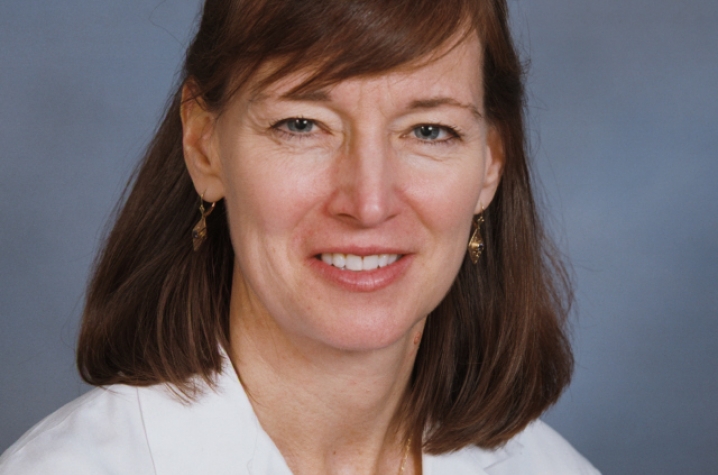Breast-feeding has many benefits

LEXINGTON, Ky. (Aug. 8, 2012) - The following column appeared in the Lexington Herald-Leader on Sunday, August 6.
Breast-feeding has many benefits
By Dr. Rebecca Collins
The World Health Organization is celebrating World Breast-Feeding Week to encourage breast-feeding and improve the health of babies everywhere. In Kentucky, this issue is especially important — our state ranks 47th in the 2011 Centers for Disease Control and Prevention Breast-feeding Report Card.
For babies, breast-feeding decreases the incidence and severity of several infectious diseases, allergy-related diseases, lifelong inflammatory illnesses, diabetes and sudden infant death syndrome (SIDS). It can also reduce your child’s risk of obesity.
For mothers, breast-feeding increases bonding. Breastfeeding mothers tend to weigh less at 6 months post-birth and show a decreased risk for post partum depression, type 2 diabetes, rheumatoid arthritis, heart disease, hyperlipidemia and breast and ovarian cancers. Here are answers to some frequently asked questions:
How can I make breastfeeding easier?
Before delivery, educate yourself . Get a support system in place. Choose a hospital that is supportive of breast-feeding. Immediately after delivery: If the baby is healthy, the baby should go directly to you and stay in skin to skin contact until the first feed — this is called Kangaroo Care and is extremely effective at improving mother-baby bonding and breast-feeding success.
After delivery, continue Kangaroo Care — this calms the baby and releases oxytocin, a calming hormone in the mother. Keep the baby with you in the room as much as possible to learn feeding cues. Meet with a lactation consultant in the hospital.
After going home, choose a pediatrician who is supportive of and knowledgeable about breast-feeding. Because challenges can occur, it is also ideal to have access to a lactation consultant after you’ve left the hospital .
The American Academy of Pediatrics recommends exclusive breast-feeding for the first six months, then continued breast-feeding as complementary foods are introduced for one year or longer.
Will I make enough milk?
The majority of moms do make a sufficient supply. Mother’s milk is “supply and demand” — the less you breast-feed, the less milk you will produce, and vice versa. If a mother supplements with formula, or spaces out feedings too much, she will produce less milk and the cycle will worsen.
When is breast-feeding not the best option?
Infants who have galactosemia , maple syrup urine disease or phenylketonuria may not breast-feed. Mothers who have human immunodeficiency virus (HIV), human T-lymphotropic virus, active tuberculosis, or a herpes simplex infection on a breast should not breast-feed.
Most medications are safe to use while breast-feeding, but check with your doctor. Mothers currently using or at risk of using illegal drugs are also encouraged not to breast-feed.
Dr. Rebecca Collins is a pediatrician at UK HealthCare.




